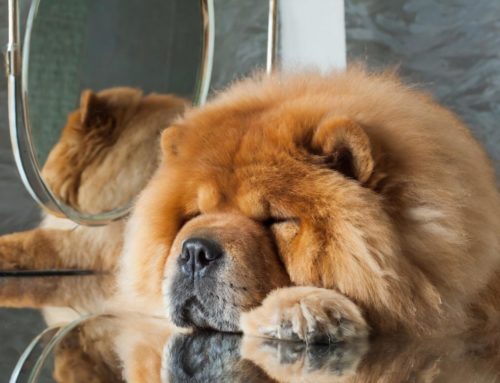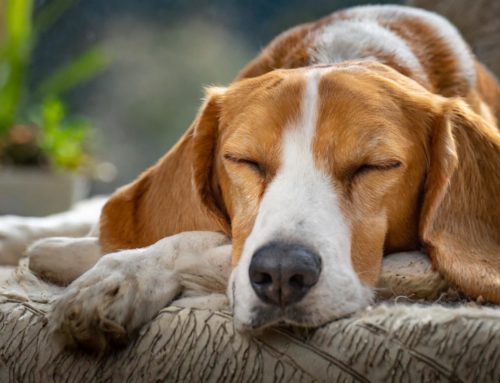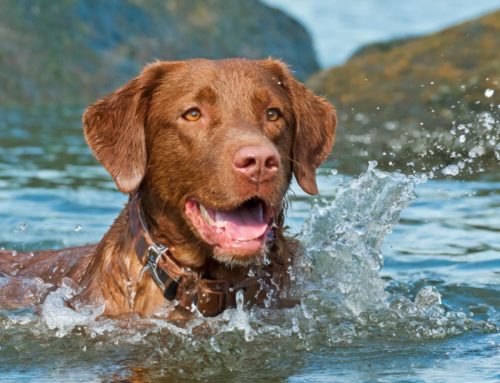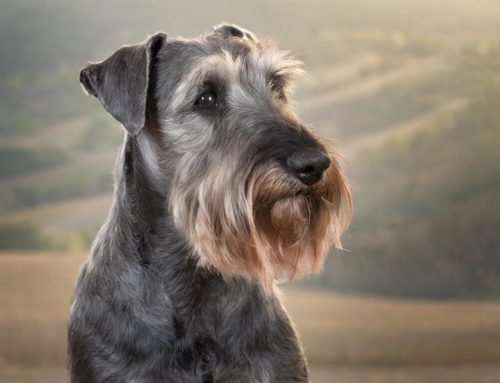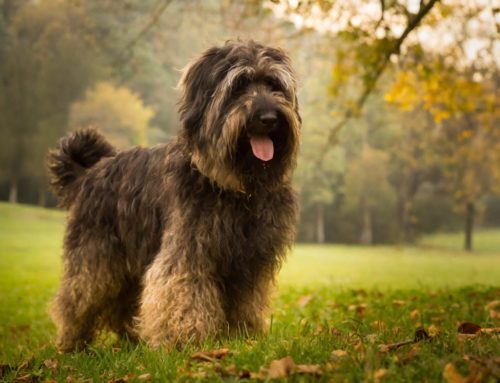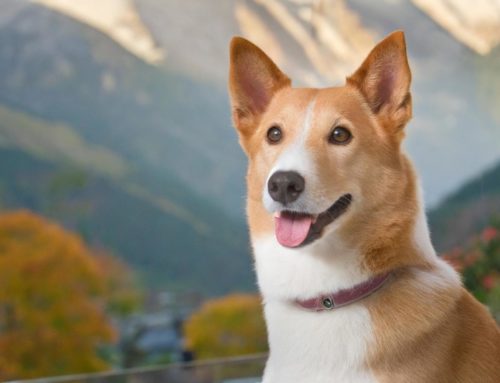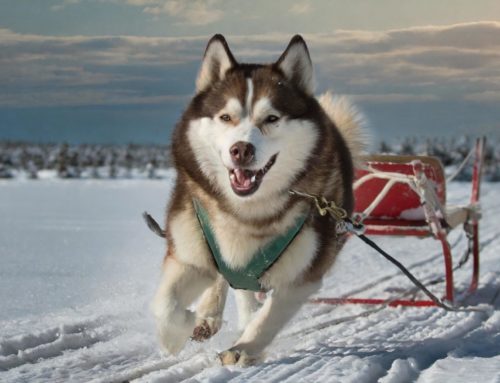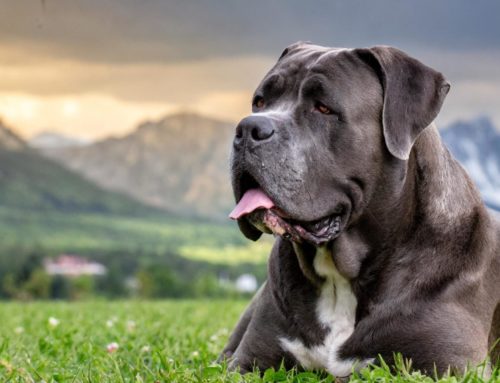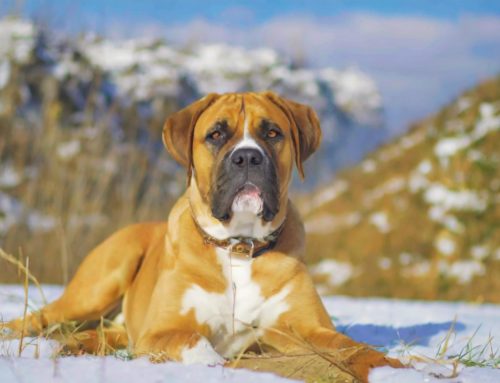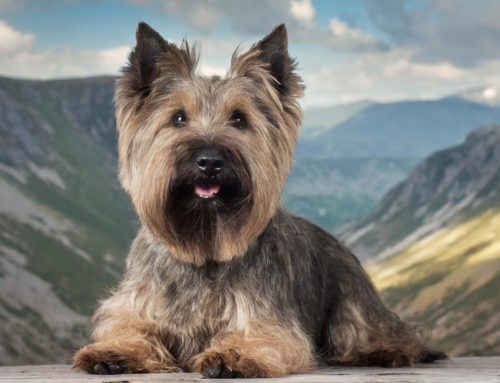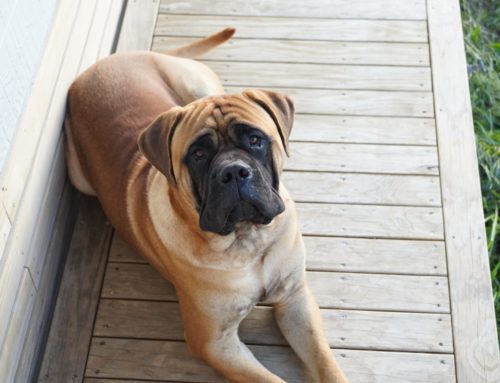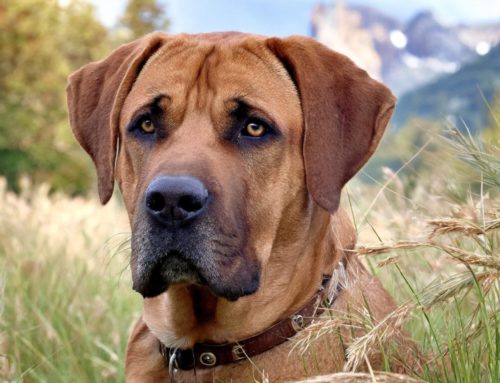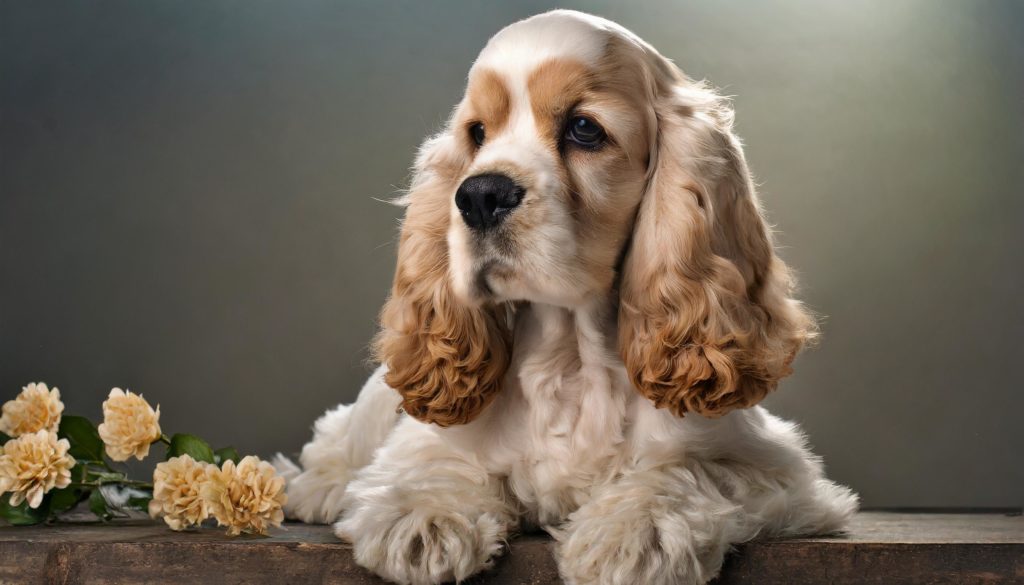
The American Cocker Spaniel, a breed descended from the English Cocker Spaniel, has a fascinating history.
These dogs were originally bred as hunting dogs, with a special skill for chasing the woodcock, known as ‘woodcock’ in English, which contributed to their naming. The English and American Cocker Spaniels were originally one breed, but their development in America led to significant differences in appearance and temperament.
The American variant of the Cocker Spaniel began to differentiate itself from the English Cocker Spaniel in the early 20th century. American Cocker Spaniels were bred with shorter and finer hair, and a slightly wavy coat, which gave them a unique appearance.
Their muscular build and roughly the same weight remained, but their appearance became more refined. In 1946, the American Kennel Club recognised the American Cocker Spaniel as a separate breed, distinct from the English Cocker Spaniel.
Both breeds were given their own breed standards, making their distinction official. This recognition marked an important step in the history of the American Cocker Spaniel, which developed into a much-loved companion and show dog, in addition to their original role as skilled hunting dogs.
Their rich history, dating back to the Mayflower in 1620, makes the American Cocker Spaniel a breed with a deep heritage and enduring popularity.
The appearance of the dog breed American Cocker Spaniel
The American Cocker Spaniel, a breed that was not officially granted its own breed status by the American Kennel Club until 1946, is a standout among dogs. These charming dogs, often affectionately called ‘ Americans’, have a unique and attractive appearance that sets them apart from their ancestor, the English Cocker Spaniel.
The American Cocker Spaniel has a shoulder height of around 38 cm and an ideal weight of around 13 kg, making them slightly smaller than the English variety. Their most distinctive feature is their long, silky and slightly wavy coat, which requires regular coat care. The ears are long and close the ear canal, contributing to their unique appearance.
Hereditary diseases and disorders
- Hip dysplasia: A common condition in many dog breeds, in which the hip joint develops abnormally.
- Patella luxation: A condition in which the kneecap shifts out of its normal position.
- Ear infections: Because of their long ears, American Cockers are prone to ear infections.
- Eye problems: Includes cataracts and progressive retinal atrophy.
- Allergies and Skin problems: Often related to food intolerances or environmental allergens.
- Cardiomyopathy: A heart disease that can occur in some Cockers.
- Autoimmune diseases: Some lines may be prone to autoimmune diseases.
- Hypothyroidism: A disorder of the thyroid gland that affects metabolism.
The character of the American Cocker Spaniel
The American Cocker Spaniel, a breed that received its breed standard from the American Kennel Club starting in the 1930s, is known for its friendly and affectionate nature. These dogs are distinguished from their English counterpart, the English Cocker Spaniel, by their rounder face and shorter, finer coat.
These dogs are known for their silky, slightly wavy coat that requires regular brushing to prevent tangles. Originally bred as water dogs and for retrieving work similar to retrievers, American Cocker Spaniels still require a certain amount of hunting instinct and exercise.
However, they are more adapted to life as a family dog and are known to get along well with children and other dogs. American Cocker Spaniels are intelligent dogs and can be trained well, provided they are raised properly from puppyhood. They are generally easygoing and adapt well to life in a smaller home.
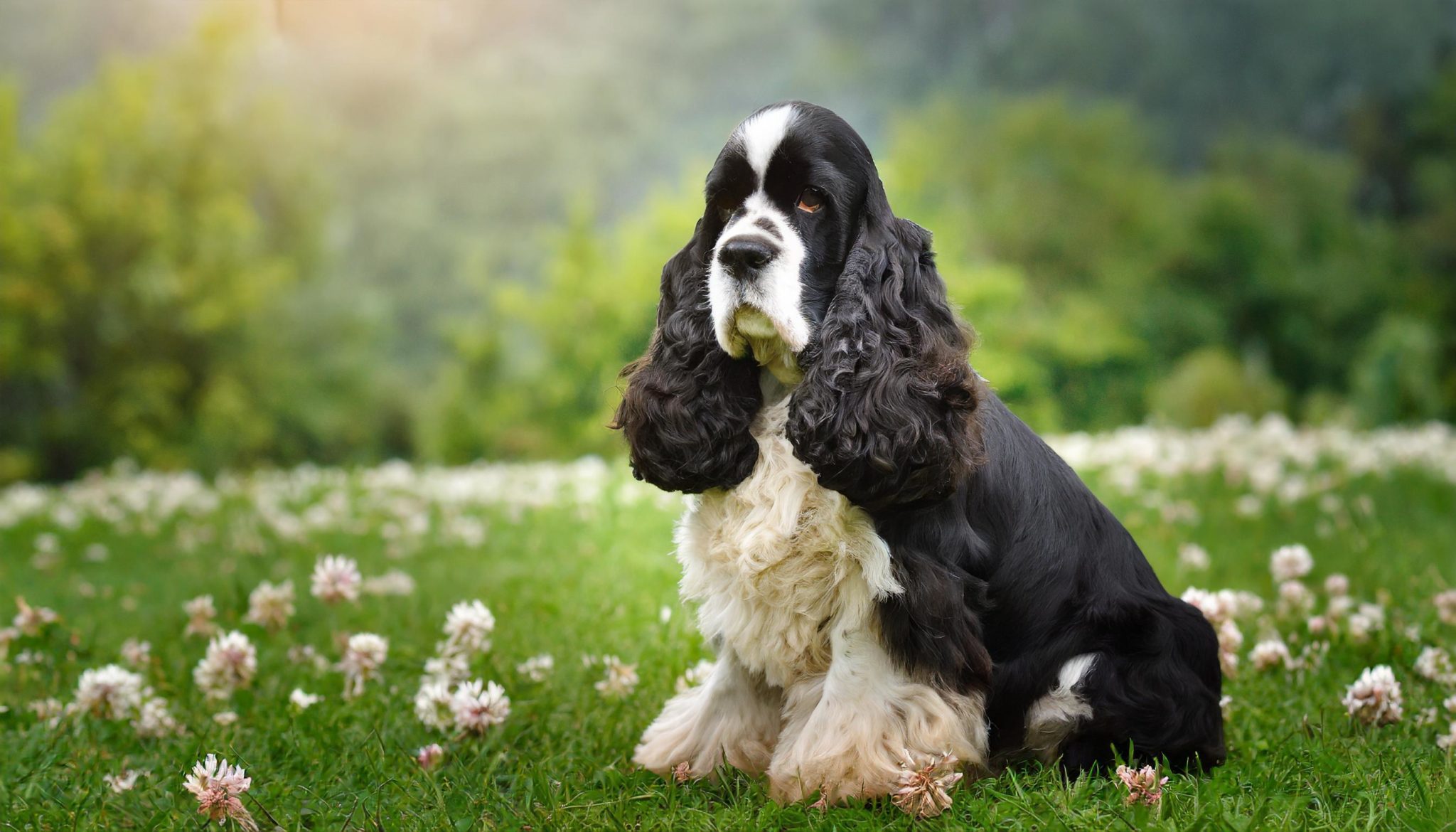
The Care of the American Cocker Spaniel
The care of the American Cocker Spaniel, a breed distinguished from its English counterpart with a lush, slightly wavy coat, requires specific attention and care. As a member of the spaniel family, the American Cocker Spaniel, also known as the ‘American Cocker’, has specific needs arising from both its physical characteristics and its personality.
- Coat care: One of the most striking features of the American Cocker Spaniel is its silky coat that needs regular grooming. Brushing should be done several times a week to avoid tangles, especially around the long ears and back line. Regular visits to a groomer are also recommended to keep their coat in optimal condition.
- Nutrition: A balanced diet is crucial for the health of the American Cocker Spaniel. High-quality dog food rich in omega-3 can help maintain a healthy coat and support digestion. It is important to monitor their weight, as these small dogs are prone to obesity.
- Ear care: Their characteristic long, pendant ears require special care to prevent ear infections. Regular cleaning and checking of the ears is important.
Socialisation and upbringing of the American Cocker Spaniel
The socialisation and upbringing of the American Cocker Spaniel are crucial for their development into well-adjusted and happy dogs. Socialisation: It is essential to socialise American Cocker Spaniels from an early age, ideally around eight weeks.
This means exposing them to a variety of people, sounds, environments and other dogs. This helps them learn how to handle different situations in a positive way and prevents anxious or shy behaviour.
Training: The American Cocker Spaniel, like all spaniels, is intelligent and learns quickly. They respond well to positive reinforcement and gentle, consistent training methods. Basic obedience training is essential, and given their history as fetching dogs, they may enjoy activities such as fetching.
Health and Behaviour: The American Cocker Spaniel can be prone to certain hereditary diseases. Proper upbringing includes attention to their health and well-being. Regular veterinary checkups and a balanced diet rich in omega-3 fatty acids are important for their physical health.
How much experience does an American Cocker Spaniel require
The American Cocker Spaniel, a variant of the Cocker Spaniel and recognised by the American Kennel Club, is a breed that is relatively easy to care for and can therefore be suitable for both experienced and less experienced dog owners.
Although the American Cocker Spaniel is different from the English Cocker Spaniel, with its shorter and finer coat and slightly rounder build, both breeds share a friendly and affectionate nature. These dogs are known for their gentle temperament and are generally good with other dogs and family members.
Their grooming is not particularly complicated, but does require regular attention, especially with regard to their slightly wavy coat, which should be brushed regularly to avoid tangles. Training and socialisation are important for the American Cocker Spaniel, as for all dogs.
These spaniels respond well to positive training methods and benefit from a consistent approach. They are intelligent and eager to learn, which facilitates the training process.
Is training necessary?
Training is absolutely necessary for the American Cocker Spaniel, as it is for all dog breeds. The American Cocker Spaniel, requires a specific approach to training to reach its full potential as a pet.
Recognised by both the American Kennel Club and the Fédération Cynologique Internationale (FCI), the American Cocker Spaniel is known for its friendly and gentle nature.
This dog breed, with their distinctive slightly wavy coat and lovely appearance, are intelligent and respond well to positive reinforcement techniques. Their training should focus on developing obedience and good manners, and should start early.
Training American Cocker Spaniels not only helps form a strong bond between dog and owner, but also prevents behavioural problems. These spaniels, both males and females, are generally eager to learn and enjoy interactive training sessions. Consistency and patience are keywords when training these dogs.
How much exercise do they need?
The American Cocker Spaniel, a breed that has evolved over the years into a variant significantly different from the English Cocker Spaniel, needs a moderate amount of exercise. Although they are less energetic than some other spaniel breeds, daily exercise is essential for their physical and mental health.
The American Cocker Spaniel, with its distinctive slightly wavy coat and compact stature, needs a lifestyle that stimulates them both physically and mentally.
These dogs, which are average in weight and have acquired their own breed standard, are not as energetic as, say, a Basset, but still enjoy activities such as walking, fetch and games that stimulate their natural curiosity.
It is important to be mindful of their physical capabilities; too intense exercise can be taxing on their small bodies. It is therefore advisable to combine daily walks and light play sessions with periods of rest.
Their exercise requirements may also vary slightly depending on their parentage, as physical characteristics may vary slightly between the offspring of different parent dogs.
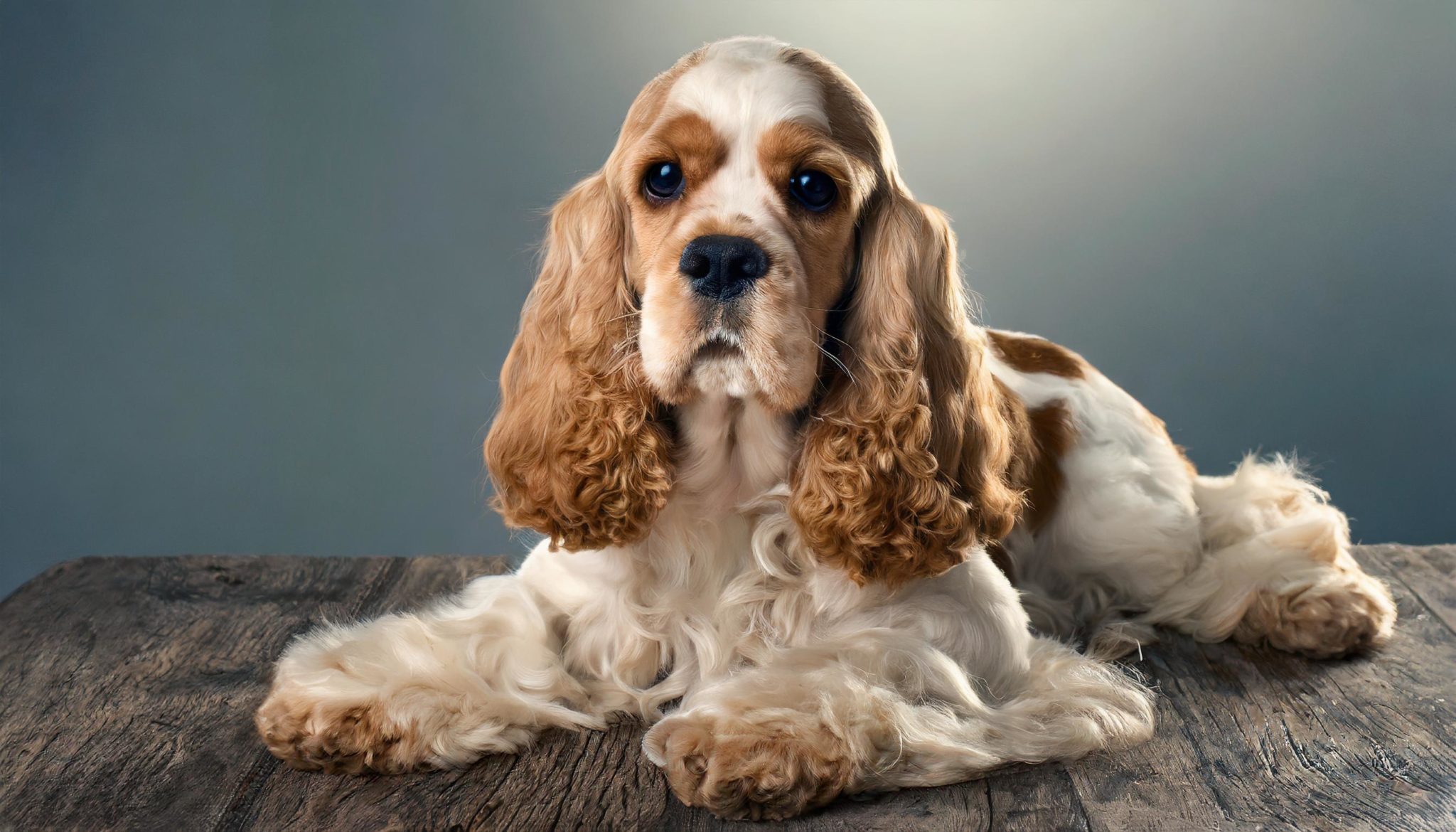
How is it getting along with children?
The American Cocker Spaniel is known for its friendly and gentle nature, which makes it an excellent choice for families with children. These affectionate dogs enjoy the attention and company of children, provided there is respectful interaction.
American Cockers are patient and tolerant, but as with all dogs, it is essential that interactions between children and the dog are supervised. Children should be taught how to interact with the dog in a gentle and respectful manner. It is important to avoid pulling ears or tails, rough play, or disturbing the dog while eating or sleeping.
These dogs are naturally playful and can enjoy playtime with children, such as gentle fetch or quiet tug-of-war games. They are often patient enough to participate in children’s games, contributing to the harmonious bond between the animal and the children in the family.
Benefits of this breed
- Friendly and Affectionate: The American Cocker Spaniel is known for its friendly and loving nature, which makes it an excellent companion dog.
- Good with Children: They are generally patient and good with children, making them a good choice for families.
- Adaptability: The American Cocker Spaniel adapts well to different living conditions, including flats.
- Trainability: These dogs are intelligent and respond well to positive training methods, making them relatively easy to train.
- Beauty: With their beautiful, silky coat and adorable appearance, they are a joy to behold.
Disadvantages of this breed
- Coat care: Their lush coat requires regular grooming, including frequent brushing and professional trims.
- Health problems: They can be prone to certain hereditary health problems, such as ear infections and eye problems.
- Exercise needs: Although they do not have extremely high energy, they still need daily exercise to stay healthy.
- Social Needs: They need a lot of human interaction and cannot be left alone for long without becoming anxious or destructive.
- Noise Sensitivity: Some American Cockers can be sensitive to loud noises, which can be a challenge in noisy environments.
Life expectancy?
The life expectancy of an American Cocker Spaniel generally varies, but they have a reasonably long life span for a dog breed of their size. On average, American Cocker Spaniels live to be about 12 to 15 years old. This lifespan can be affected by several factors, including genetics, lifestyle, diet and the overall healthcare they receive.
Price of an American Cocker Spaniel
The cost for an American Cocker Spaniel puppy in the US varies between $800 and $2,000, influenced by several key factors:
- Breeder Reputation: Puppies from renowned breeders with a history of champion bloodlines tend to have a higher price tag.
- Pedigree: American Cocker Spaniels registered with the American Kennel Club (AKC) are priced higher than those that are unregistered.
- Location: Expect higher prices in regions with a higher cost of living.
- Age: Adult dogs typically cost less than puppies.
- Coat Color: Unique coat colors may carry a premium price.
Price Overview:
- Standard Range: $800 – $2,000
Budget-Friendly Option: Adoption
Adopting an American Cocker Spaniel from shelters or rescues is an economical choice, with significantly lower fees. Shelters may house adult or mixed-breed Cocker Spaniels.
Breeds to Consider:
For enthusiasts of the American Cocker Spaniel’s amiable nature, these breeds might also appeal:
- English Cocker Spaniel: Similar in lineage but with distinct physical traits and temperament, priced between $800 and $2,000.
- Cavalier King Charles Spaniel: Known for their gentle disposition and affectionate nature, with prices from $1,500 to $3,000.
- Brittany: An active and smart hunting breed ideal for energetic owners, typically costing $800 to $1,500.
- Beagle: A cheerful and friendly breed with an exceptional sense of smell, priced from $600 to $1,200.
Extra Guidance:
- Comprehensive Research: Confirm the American Cocker Spaniel’s characteristics and care needs match your lifestyle.
- Visit the Breeder: Inspect the breeding premises and meet the puppy’s parents for health and temperament insights.
- Temperament Testing: For potential puppies, consider testing to evaluate their fit for your household.
- Ownership Preparation: Budget for ongoing expenses like nutrition, healthcare, grooming, and accessories.
Remember: Choosing a pet is a significant, enduring commitment. Opt for a breed that complements your lifestyle, ensuring a harmonious and loving relationship for years to come.
